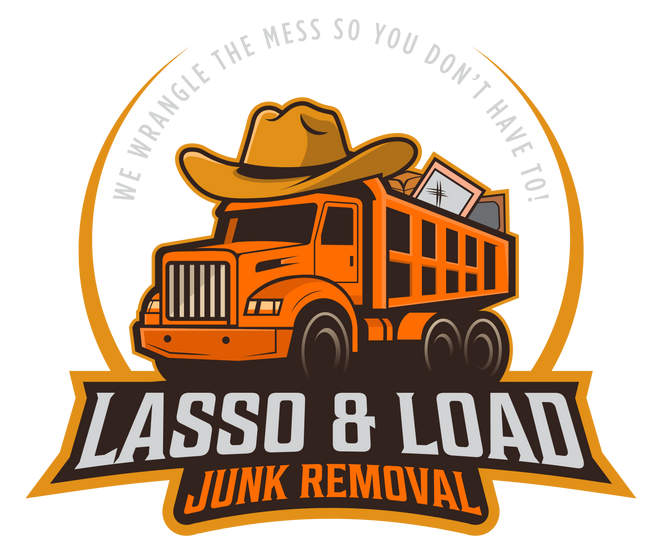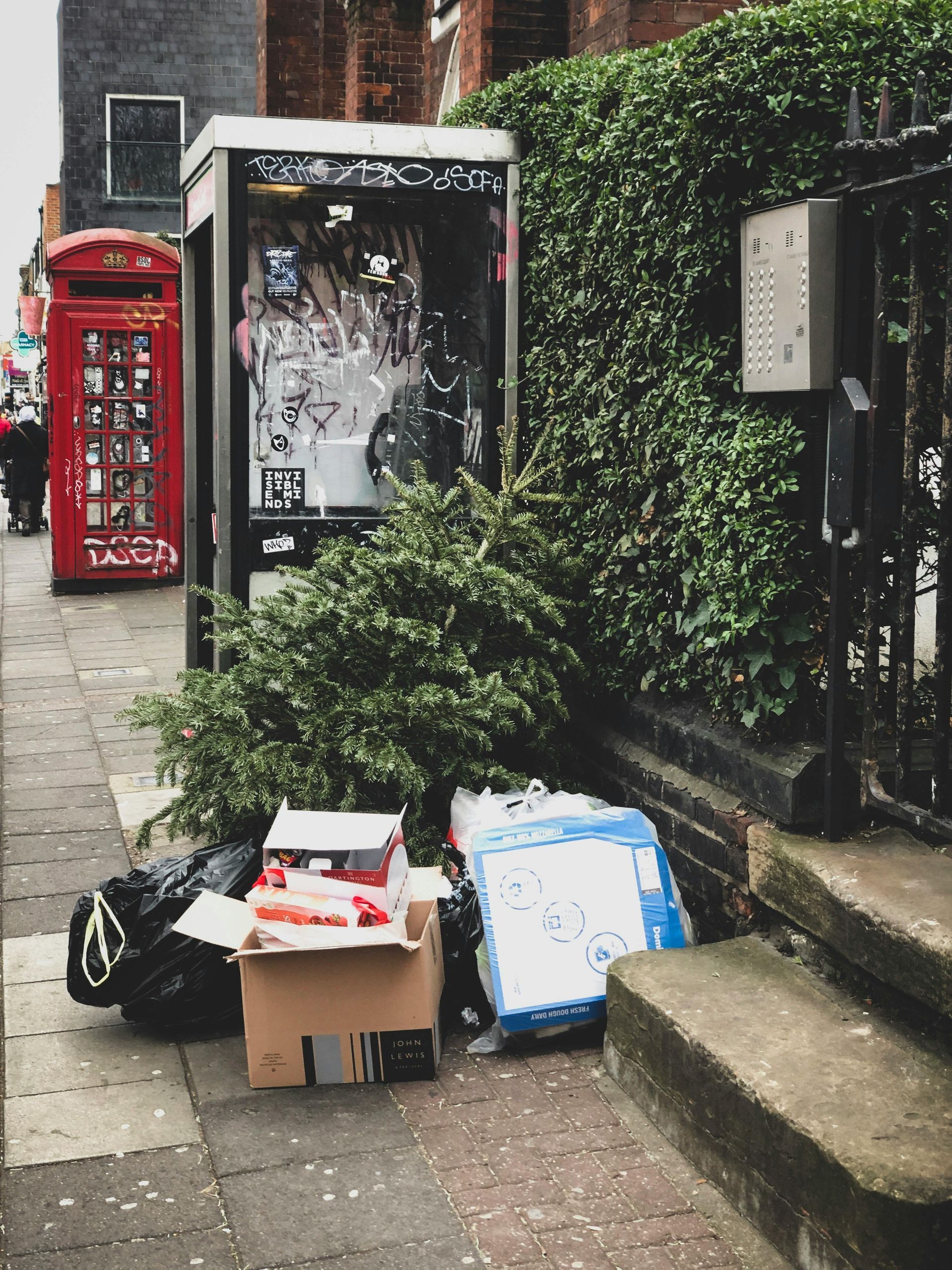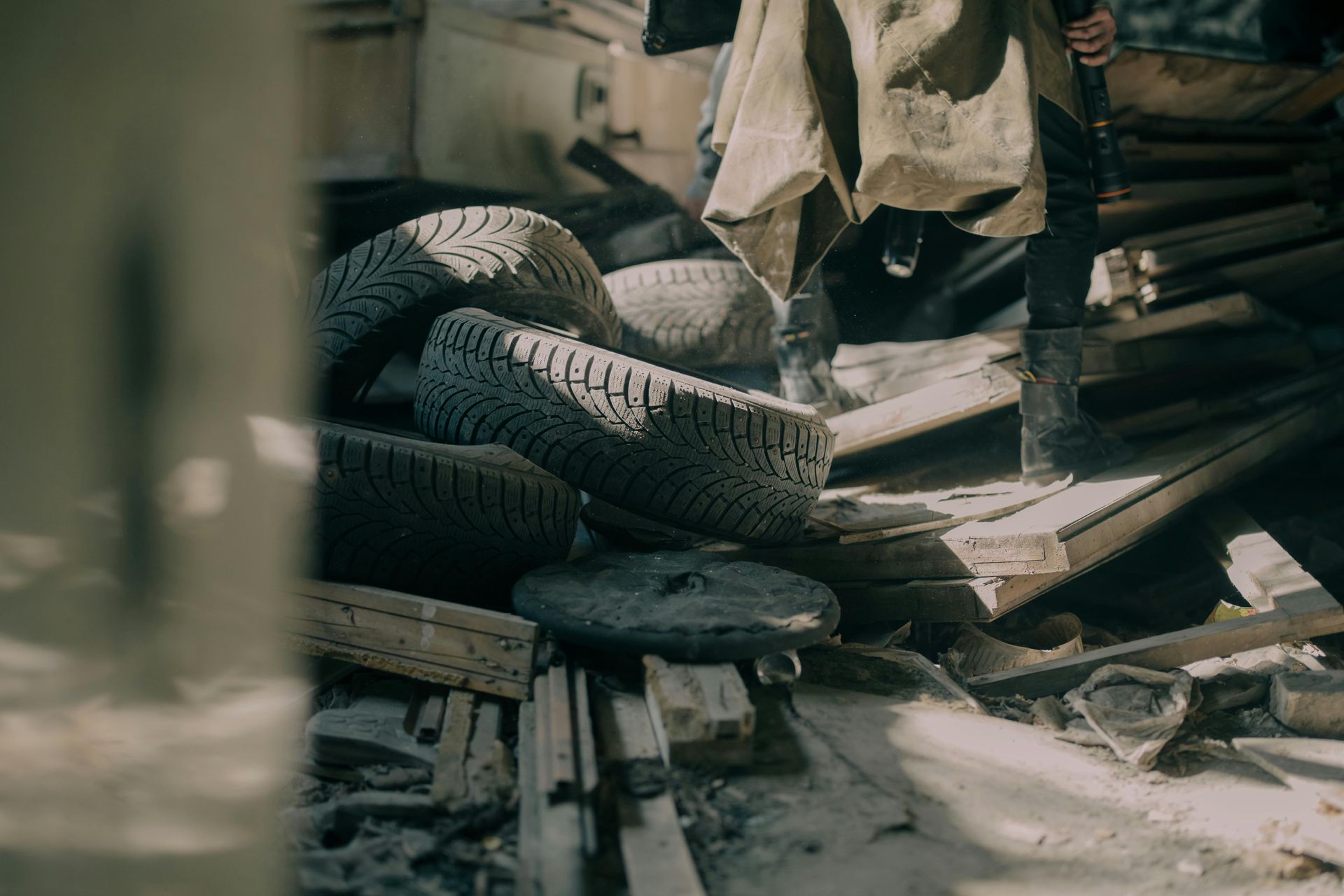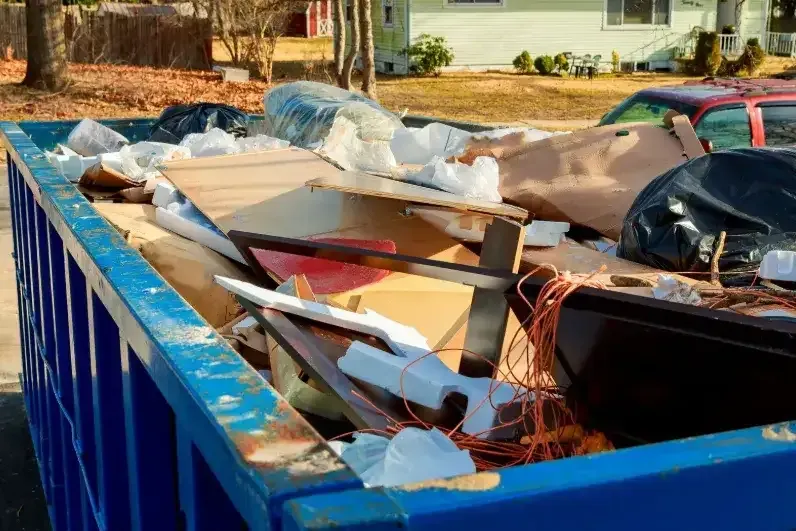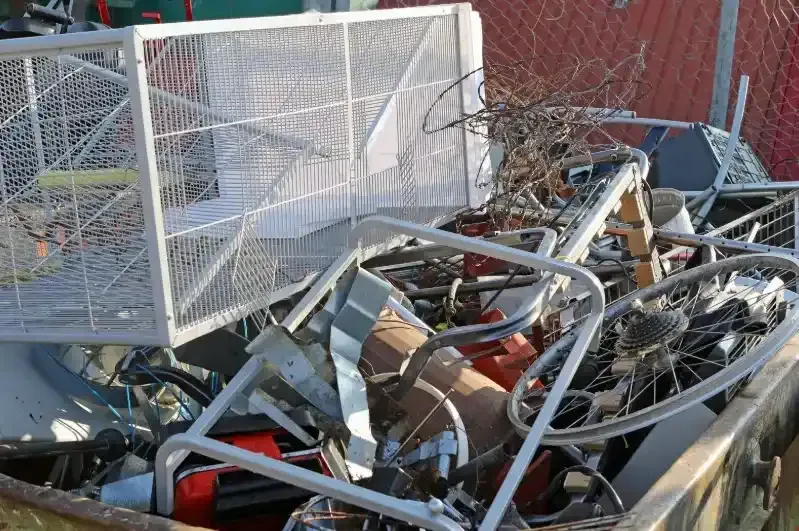Why You Should Plan Your Residential Cleanouts Well in Advance
A residential cleanout isn’t just about tossing old belongings into trash bags—it’s a structured process that, when planned properly, can lead to a more organized, stress-free living environment. Whether you're clearing out clutter before a move, downsizing, or simply reclaiming space, the benefits of early planning cannot be overstated. Rushing through a cleanout often leads to overlooked items, wasted resources, and unnecessary stress.
The Psychological Impact of Decluttering
Our homes are more than just physical spaces; they are filled with memories, emotions, and the accumulation of years of personal experiences. Over time, these possessions can pile up and create a cluttered environment that subtly affects our mental health. The weight of accumulated items can contribute to feelings of anxiety, stress, and even overwhelm. A residential cleanout offers an opportunity to regain control, not just over your space, but over your mind. It’s not merely about getting rid of physical items but rather about thoughtfully reflecting on each piece, deciding what truly adds value to your life and what no longer serves a purpose.
By consciously choosing what to keep and what to part with, you create a space that feels lighter, clearer, and more aligned with your current self. This intentional decluttering process promotes a sense of accomplishment, clarity, and mental well-being, helping you breathe easier in your own home.
Assessing the Scope: Understanding the Magnitude
Before diving into a residential cleanout, it’s crucial to understand the scope of the task ahead. Every home is different, and so is the clutter within it. Whether you live in a modest apartment or a large family home, the amount of work required to declutter can vary greatly depending on the size of your space and the volume of items accumulated over time. It’s essential to assess the magnitude of the cleanout before starting so that you can plan accordingly. For instance, a small apartment might only require a weekend of sorting and packing, while a large house with years of forgotten items could demand more time, effort, and possibly outside help.
Understanding the scale of the project helps you allocate the necessary resources—whether it’s extra hands, equipment, or time—so that you don’t find yourself overwhelmed in the process. By recognizing the magnitude in advance, you can avoid frustration and ensure the cleanout runs smoothly from start to finish.
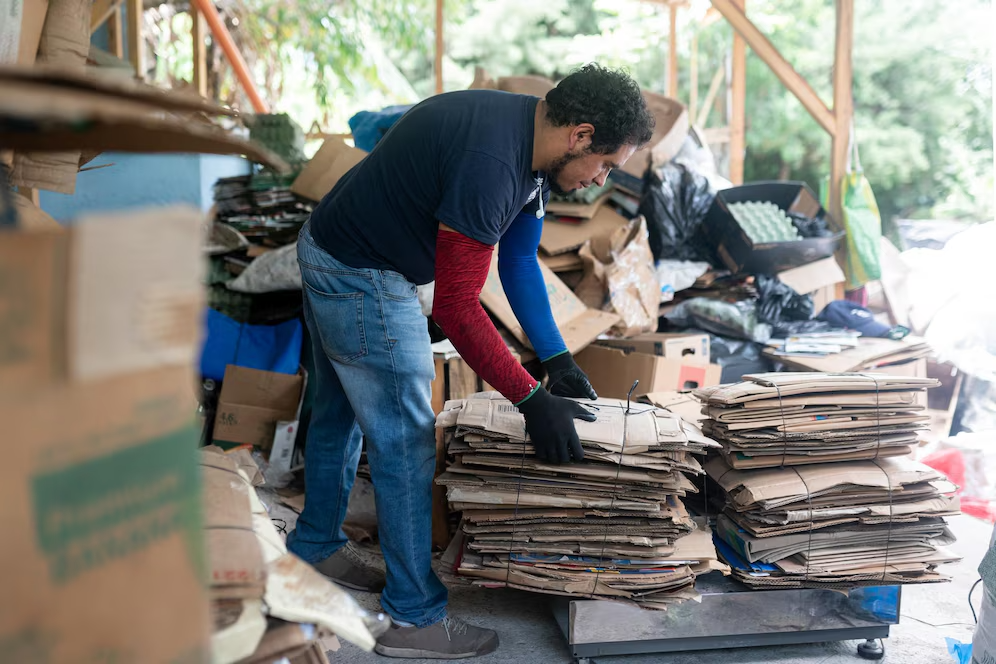
Prioritization: Tackling Areas Strategically
Not all clutter is created equal, and tackling it all at once can be daunting. That's why prioritization is key to a successful residential cleanout. Certain areas in your home, such as attics, basements, or garages, may contain years of stored belongings, forgotten furniture, or seasonal items that are no longer needed. These spaces often require more time and effort, making them ideal starting points for your cleanout. On the other hand, spaces like the living room or kitchen may contain everyday items that require more immediate attention and decision-making.
By prioritizing your efforts based on the usage, emotional attachment, and sheer volume of items in each area, you can streamline the cleanout process and tackle one space at a time. This method allows you to manage your energy more effectively, ensuring that the task doesn’t become overwhelming. Strategically working through the house also helps maintain focus and allows you to celebrate small victories as each area is completed.
Safety First: Identifying Potential Hazards
During a residential cleanout, safety should always be a top priority. Amid the piles of boxes, old furniture, and forgotten belongings, hidden hazards may lurk—fragile items that could shatter, sharp objects that might cause cuts, or heavy furniture that could lead to injury if not handled properly. Even more concerning are potential environmental hazards, like mold, pests, or outdated electrical components. These hidden dangers may not be immediately apparent, but a proactive approach can help you identify and mitigate risks. Wearing protective gear, such as gloves and sturdy footwear, is essential to prevent injury while sorting through clutter.
For particularly hazardous situations—like handling large appliances or dealing with mold—consulting professionals can ensure that these risks are handled safely and efficiently. By taking the time to assess the safety of your space in advance, you can avoid costly accidents and create a much safer environment for yourself and others during the cleanout process.
Time Management: Setting Realistic Timelines
One of the most common pitfalls during a residential cleanout is underestimating the time required. The enthusiasm to declutter may prompt you to take on the entire project in one go, only to find yourself exhausted and overwhelmed. That’s why realistic time management is crucial. Breaking down the cleanout into smaller, manageable chunks allows you to maintain focus and steadily work through the process. Instead of diving into the entire house, designate specific days or hours for particular rooms, or even categories of items—such as clothes, books, or electronics.
By pacing yourself, you’ll ensure that the task doesn’t become a marathon, making it easier to stay organized and avoid burnout. Additionally, realistic timelines provide space for thoughtful decision-making, helping you to assess each item with care and prevent hasty choices. Planning your cleanout with adequate time helps transform the experience into a manageable, more pleasant endeavor rather than an overwhelming rush.
Resource Gathering: Tools and Supplies
Imagine starting your cleanout only to realize you’re unprepared—running out of garbage bags, lacking the right tools for dismantling old furniture, or forgetting to label boxes. Such interruptions can derail the flow of your cleanout, leading to frustration and delays. To avoid this, it's essential to gather all necessary resources before you begin. Create a checklist of items you'll need, such as sturdy garbage bags, boxes for sorting, markers for labeling, gloves for protection, and tools for disassembling larger pieces. This simple step ensures that once you start, you have everything on hand to keep the process moving smoothly.
By having everything prepared ahead of time, you can avoid constant trips to the store or scrambling to find tools mid-cleanout. Additionally, organizing these materials beforehand gives you a clearer sense of direction and preparedness, making your cleanout feel more like a well-planned project than a haphazard task.
Embracing Sustainability: Eco-Friendly Disposal
In today’s world, sustainability is more than just a trend—it’s a responsibility. As you plan your residential cleanout, consider the environmental impact of your decisions, particularly when it comes to disposal. Instead of simply throwing everything away, take the time to research eco-friendly options. Many items can be donated, recycled, or repurposed, reducing the amount of waste that ends up in landfills. Appliances, furniture, and electronics, for instance, may be recyclable, while clothes, books, and household items can find new life in the hands of others through local charities or thrift stores.
By planning ahead and identifying avenues for responsible disposal, you contribute positively to the environment and help others in need. Incorporating sustainability into your cleanout also ensures that you’re making a meaningful impact, not only on your home but on the world around you. It’s a small effort that can yield long-term benefits for both the environment and your community.
Emotional Preparedness: Letting Go with Grace
One of the most challenging aspects of a residential cleanout is the emotional component of letting go of possessions. Over the years, we accumulate items that hold sentimental value, from childhood mementos to family heirlooms. Parting with these objects can feel overwhelming, and often, it’s not just about making room physically, but emotionally. Planning ahead can help you mentally prepare for this process. Consider setting aside time to reminisce and reflect on the items you’re parting with, which can make the decision-making process feel more intentional and less hurried.
It may also help to designate a specific space for sentimental items you want to keep, ensuring that they are preserved with care. By approaching this aspect of the cleanout with patience and understanding, you allow yourself to let go of items gracefully, knowing that you are making room for new experiences and memories. This emotional preparation reduces the potential for regret and makes the entire process more meaningful.
Budgeting: Anticipating Costs
A residential cleanout may seem like a budget-friendly DIY project, but there are often unforeseen costs that can add up quickly. Renting a dumpster, purchasing storage bins, or hiring professionals for large, heavy items can all contribute to unexpected expenses. That’s why it’s essential to budget in advance to prevent financial surprises. By estimating the costs associated with each phase of the cleanout, you can allocate funds appropriately and make informed decisions about where to spend and where to save. For instance, if you plan to donate large items, you might consider renting a truck or hiring movers.
Alternatively, if you’re disposing of hazardous materials or electronics, there may be fees for proper recycling or disposal. Planning ahead ensures that you are financially prepared for these potential costs, and it can even guide you toward more affordable options. By setting a clear budget, you keep your cleanout on track financially while still achieving your goal of decluttering your home.
Conclusion
A well-planned residential cleanout is more than just a routine task—it’s an opportunity to refresh your living space, eliminate unnecessary stress, and bring a renewed sense of order to your home. When you take the time to strategize and organize the process, you make it more efficient, safer, and far less overwhelming. Whether you're decluttering to make room for new changes, preparing for a move, or simply reclaiming your space, early planning ensures that everything goes smoothly, from sorting and packing to responsible disposal. By planning ahead, you can also explore eco-friendly solutions such as recycling and donating, reducing landfill waste and giving your unwanted items a second life.
For residents in Gwinnett County, Lasso & Load Junk Removal is here to simplify the process with expert assistance and hassle-free service. Let the professionals handle the heavy lifting while you enjoy the benefits of a clutter-free home. Call 404-227-2017 or email Lauren.renwickk@gmail.com today to schedule a cleanout with confidence!
